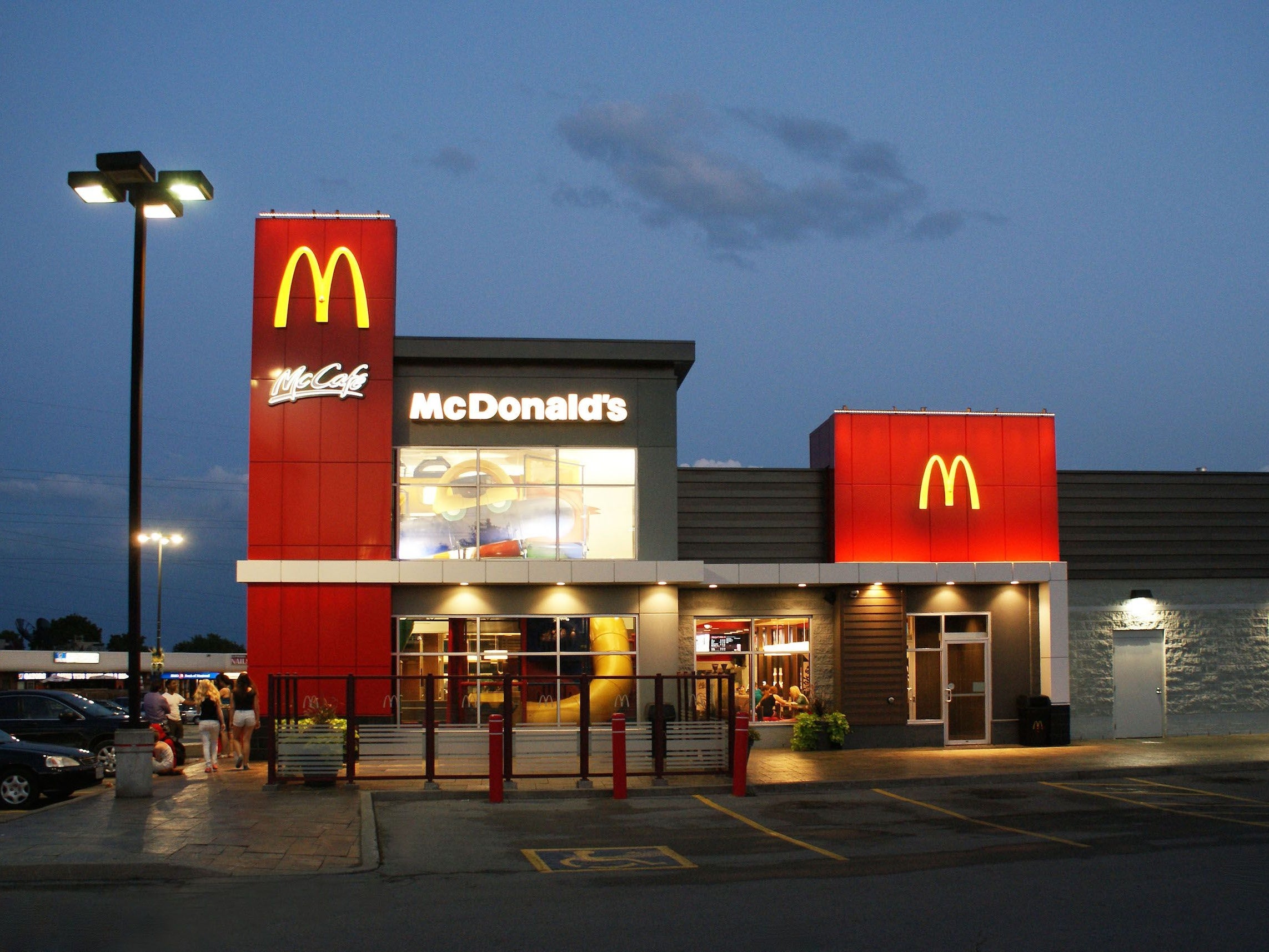31 January 2019
2 min read
Published by:

This month, Irish fast food chain Supermac’s successfully challenged McDonald’s trademark rights.
The European Union Intellectual Property Office (EUIPO) revoked McDonald’s “BIG MAC” trademark registration in Europe after McDonald’s failed to show genuine use of “BIG MAC” in the EU over five years as a burger or restaurant name.
It was found that McDonald’s evidence (including affidavits and print outs of its European websites, a Wikipedia entry and advertising) lacked significant probative value. In particular, the EUIPO noted that the affidavits were signed by McDonald’s own representatives (which was less probative compared to third party evidence), and Wikipedia couldn’t be depended on as a source (as pages could be edited by users).
The EUIPO also didn’t accept McDonald’s argument that evidence of use in Germany, France and the UK was evidence for genuine use across the EU.
The decision followed a long running battle between McDonald’s and Supermac’s regarding the smaller business using the Supermac’s name in Europe.
In Australia, McDonald’s has usually succeeded in opposing trademark registrations.
McDonald’s has successfully opposed applications for marks like McSALAD, McFresh, MCCHINA, McBaby, MacCoffee and McKosher. In such cases, McDonald’s showed that using “Mc” or “Mac” with the following word made the marks substantially identical or deceptively similar to its own trademarks (registered in respect of similar goods or closely related services), or likely to deceive or cause confusion due to McDonald’s trade marks’ reputation. Under section 58 of the Act, McDonald’s also successfully argued it already owned an identical McSALAD trade mark.
However, as the recent EU ruling shows, trademark disputes don’t always fall in the burger giant’s favour – multinationals must also meet evidentiary standards. Businesses must take care to submit supportive evidence. In Australia, the opponent to a registration has the onus to prove its case on the balance of probabilities. The more probative the evidence, the greater its value.
Although McDonald’s now plans to appeal the EUIPO’s Supermac’s judgment, the decision is a reminder that businesses must carefully compile evidence in trademark disputes in order to succeed.
Disclaimer
The information in this publication is of a general nature and is not intended to address the circumstances of any particular individual or entity. Although we endeavour to provide accurate and timely information, we do not guarantee that the information in this publication is accurate at the date it is received or that it will continue to be accurate in the future. We are not responsible for the information of any source to which a link is provided or reference is made and exclude all liability in connection with use of these sources.
Published by: